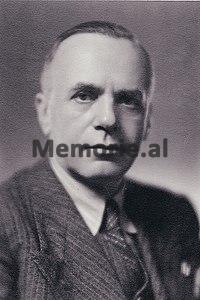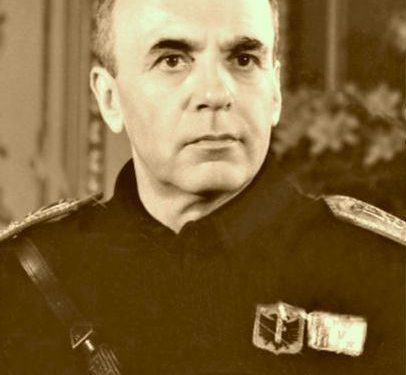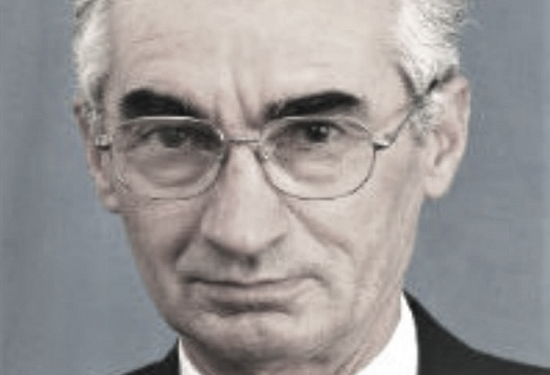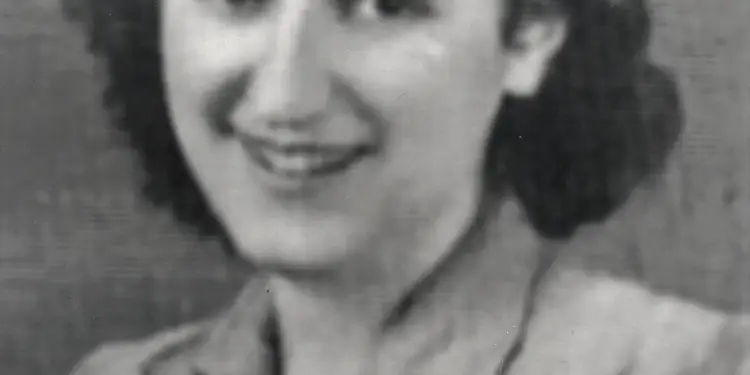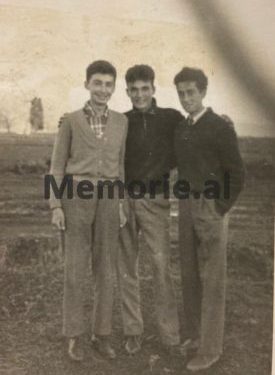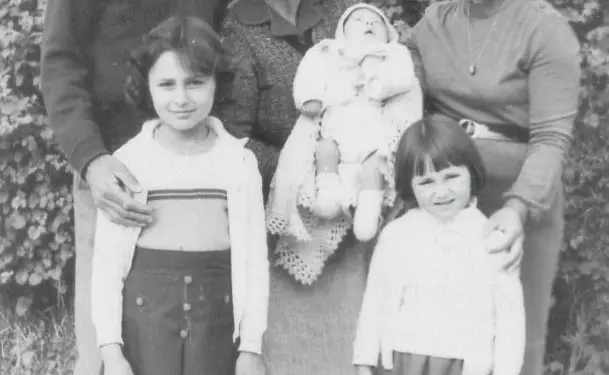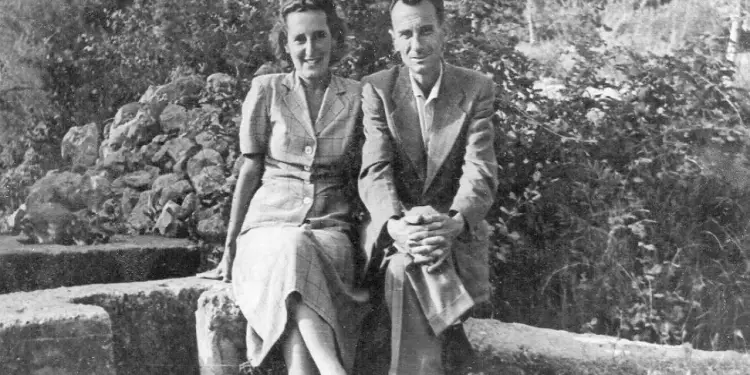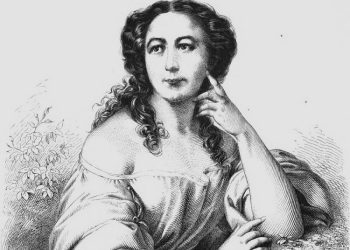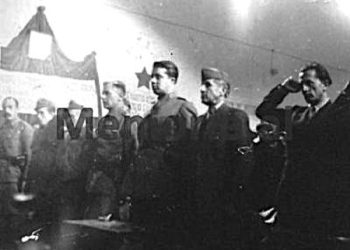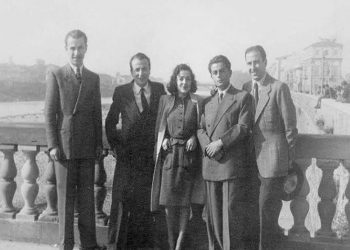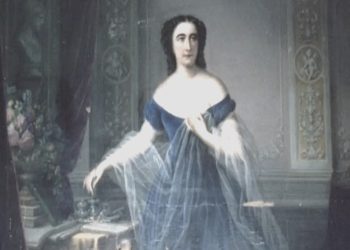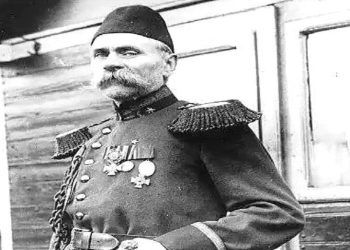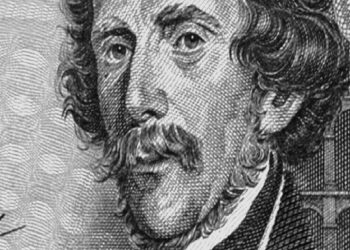From Ilo Photo
The first part
Memorie.al / Big families are named as such, because of prominent people, because of the wealth they owned and because of the influence they exercised in the social environment, at a given time. Historical turns have started from big families. Skanderbeg gathered the heads of large families in the Assembly of Lezha. Ismail Bey Vlora did the same. No union could be established without the will of large families, which were also called chimneys or gates. They had the wealth, territory and above all they had the most knowledgeable people of the time, in a certain territory.
These families had the ability and felt the need for alliances, to face external and internal dangers. Those three, who did not manage to create large families, became fiefdoms of the nobles and high officials of the Ottoman Empire. The wealth of large families has always flowed from closeness to the government. The Empire rewarded its adherents with immovable wealth, as per their contribution to the Empire’s empowerment.
The signatories of the act of independence in Vlora in 1912 were mainly members of the big families of the time, high clergy and young intellectuals. Among the clerics of the signatories, there was Monsignor Nikoll Kaçorri, who was not from the ranks of rich people, but he had, before his name, the religious title. The signatory of Independence was a young man from Kruja e Skenderbeu, Mustafa Merlika – Kruja, who did not represent any big family and did not have any office before his name, but he was among the most knowledgeable of the signers.
University graduates of this level were rare in Albania, because those who graduated from universities, anywhere in the world, could build a rich and happy life, wherever and however they wanted. Young Mustafa was passionate about science and patriotism. The post of sub-prefect in Urfa in Syria, he preferred that of Albanian and mathematics teacher in Durrës gymnasium, to the satisfaction of his friends, who congratulated him, even from prison. What he acquired at the university, he decided to put it to life in the homeland that was enslaved by time.
He put himself and his knowledge at the service of the Motherland, from the moment he returned to his homeland. With the beginning of the anti-Turkish uprisings in Central Albania, he was appointed as their organizational secretary. In this role, he maintained ties with the committees all over Albania, such as with the 12 Bajraks of Mirdita, with the southern committees of Elbasan, and was even a member, together with Markagjon and Abdi Toptan, in the meeting in Skopje with the Kosovar leaders. , like; Nexhip Draga, Hasan Prishtina, Isa Buletini, etc.
He joined Ismail Qemali and Luigj Gurakuqi, that handful of patriots who traveled to Vlora, leaving from Durrës, in that last week of the third autumn, 1912. On November 28, he participated in the raising of the flag and signed the document on important of Albanian history, on behalf of the capital of Skënderbeu.
He was voted fourth in the list of Elders of the Assembly of Vlora, he was appointed the first sub-prefect of the capital of the first united Albanian state. Soon, although he was not yet 26 years old, he was appointed chief secretary of the first Government of Ismail Qemal bey Vlora, to whom he remained loyal until the last day, contrary to many others who abandoned him to join Esat I saw Toptan.
He was one of the most zealous political exponents in the fight against the pro-Turkish rebellion of Haxhi Qamili, with weapons and feathers. After the departure of Prince Weed from Albania, as a result of the expansion and strengthening of Haxhi Qamili’s movement, Mustafa was forced to surrender to Esat Pasha Toptani, to release all the men of the extended family, whom he held hostage. Esati sentenced him to death, because he opposed his activity, calling it not in the interest of Albania, then spared his life and exiled him to an Italian prison.
He returned to Albania in December 1918, participated in the Congress of Durrës, where he was elected minister of posts and telegraphs and secretary of the Albanian Embassy, at the Peace Conference in Paris, 1919. In the second part of the book mentioned above, by page 291 to page 357, the documents drawn up by the Albanian Embassy of the government of Durrës in Paris are listed. Those documents, which are a real asset for our national issue and Albanian diplomacy, signed by Prime Minister Turhan Pashë Përmeti, were drafted by Mustafa Kruja and his great friend, Luigj Gurakuqi.
By reading them, anyone can judge the patriotism and commitment to the Albanian cause of the 32-year-old Cretan. Deputy of Kosovo in the first Albanian parliament, he stands out for his progressive and pro-European tendencies in the drafting of state legislation issued by the Congress of Lushnje. As such, he participated in the uprising of March 1922 and escaped to Yugoslavia, after its failure. There he learned Serbo-Croatian for a while and translated the book of the former Prime Minister of Serbia, Vladan Gjorgjevic; “Albanians and the Great Powers”. He returned to Albania in June 1924 and was appointed Prefect with full powers in Shkodër.
In December 1924, he left his homeland for the third time, within ten years, this time with his whole family. The 15-year period of political exile in Italy was a period of intense intellectual work, especially in linguistics and journalism. In the first, he mainly worked on his masterpiece “The Great Dictionary of the Albanian Language”, while in the second, he collaborated with many Albanian press bodies of that time, inside and outside Albania.
“Kuvendi”, “Shkumbini”, “Politika”, “Dajti”, “National Freedom”, “National Defense”, “Immigrant”, “New Albania”, “Circus”, “Albanian Effort”, “Agimi”, ” Hylli i Drita”, “Ora e maleve”, “Leka”, are temporary Albanian journals in which Mustafa Kruja has published his writings, under names or pseudonyms, where the most well-known was “Spend Bardhi”.
In the volume “Half a century with a feather in hand”, published in 2015, by Eugjen Merlika, most of these writings are summarized, presenting one of the most qualitative and productive publicists of our cultural life of the first half of the last century . He asserted himself as a writer, researcher, and linguist. He is an Albanian with an active, busy and comprehensive biography.
He developed an unprecedented activity in the field of linguistics, lexicology, albanology, leaving a name in all the fields where he debuted and reached the pinnacle of creativity. For Alexander Xhuvan, Mustafa Kruja was; “in the first rank of prominent Albanian lexicographers”, while the researcher of our days, Ledi Shamku-Shkreli, in the preface of the volume; “An analytical study – The language of Frang Bardhi and modern Albanian”, it says like this:
“Often, when luminary minds whose ideas did not spread in their lifetime are analyzed post factum, they are said to have been premature. For Mustafa Krujë, it cannot be said this way, since the essence of his theoretical writings is seen to have been synchronous with that of his contemporaries, in Europe and the United States – Fishman, Martinet, Benveniste, Bartoli, Migliorini, etc.
So this innovator would have been the right person at the right time and place, but after forty four, Albanian time flowed differently from global time and therefore, our science avoided the diachronic vector of international developments, entering as it is proudly accepted, in a sui generis path. So this historical accident was translated into a geographical accident or coincidence, which made Mustafa Kruja the right person at the right time, but who could not be in the right place – in Albania”!
This major evaluation of a young researcher of Albanian linguistics, best proves the extraordinary help of Mustafa Kruja, in the field of the Albanian language, and even reminds me of an expression of the well-known Kosovar researcher, Zekirja Cana, in a meeting with students and teachers of the High Institute of Arts in 1991: “Albanian language cannot be understood without the decisive help of Mustafa Kruja”.
If we add to these considerations, the priceless value of the “Big Dictionary of the Albanian Language”, an etymological dictionary with 30,000 words and 2500 typed pages, unfortunately lost in the Institute of Linguistics, which followed the Institute of Albanian Studies, of founded by the linguist Krutan, we can be better aware of the fact how unfair and ungrateful communist Albania was against a monument of its linguistic science, such as Mustafa Kruja.
Every nation has a beginning of its independence and modern development. State independence is won once in a lifetime. This historical event has its heroes, inalienable. Heroes have no genetic ancestry. Their belonging to large families as the origin of prominent people is a mathematical probability. Life has proven that heroes, being individuals who rise above time, are shaped by their mind and the historical moment, after which they make history.
Those who signed the Declaration of Independence of America have received the title “Fathers of the Nation”. They are more than heroes. Scholars, scientists, and intellectuals continue to refer to their work on the long road to the perfection of democracy and the state, not only in America, but everywhere in the civilized world.
The people have kept the founders of the Independence of Albania in their hearts. It has saved them from all the blows, which have come to them in different forms, from particular regimes and politicians. They are a popular product, regardless of emotional ideological affiliations; they are flag bearers of the Nation’s ideology.
The practical influence of the great families waned in the time of the Kingdom, but their glory to the Nation was not denied. The bird claimed that He alone could bring about the unification of the nation; but in fact, He could not accomplish it, as the immortal signatories envisioned. Beginning after the Second World War, the history of the country was subjected to the most severe operations that have ever been done to the list of signatories.
Prominent figures were morally deformed and others were removed from the list of signatories, subjecting themselves to oblivion, with state arrogance, because history had to return to the year zero and are put at the service of communist triumph, by all means and means.
One of the important historical figures of the Nation, the signatory of the Independence Document, Mustafa Merlika (Kruja), was placed in the center of the communist cyclone, of denial and forgetting, because by the communist trial of 1945, he was sentenced to death in absentia. And why? No facts, no evidence. Nothing important! The life of an intellectual, a former prime minister, a scientist, a patriot of two eras, a political ideologue cost so little? This was Enverist communism, peerless among counterparts!
Mustafa Kruja, the great signatory, was denied patriotism, high-level intellectual and scientific work, because he had proven anti-communist beliefs. He exiled his family, branding him as a “family traitor to the country and the people”, who belonged to him and who was devoted to him. The Merlika family was placed in the deportation-concentration camps of the former agricultural farm of Lushnja, after the internment in the death camp in Tepelena. This undeserved punishment, even according to the laws of the time, the Merlika family faced with the dignity of a family that history had reserved its place on the altar of the nation’s heroes.
Great families give birth to great men and heroes, just as great men are capable of creating great families. In my neighborhood in New York, there lives a Cretan bride, married at the door of a friend of ours. The bride’s maiden name is Merlika. I asked him if he knew Mustafa or Eugene. “I heard from my parents, – he told me, – and I know for sure that in Kruja alone, there are over 100 families with this last name. There are also in other cities, as well as abroad. We are a big tribe, we are not a canonical family, but a tribe with many branches”, the bride Kacana (Merlika) explained to me. It is not the number of branches that defines the family. The great name of the family was given by Mustafa’s great work.
The Enverist regime ignored most of the signatories of Independence. Some of them and their families were brutally oppressed, until their physical disappearance. This position was also reserved for some descendants of the father of Independence, Ismail Bey Vlora. The persecution of the signers reached the point of retouching their photo, in the poly-photo shot at the place and time of the declaration of Independence. The change of name of Ismail bey Vlora, whose real surname is bey Vlora, is part of this Enverist bandit action. Mustafa Kruja’s name was covered with a white ribbon for almost half a century.
The Merlika family paid a high price for the opposition to communism, its first. In the Merlika family, four men representing three consecutive generations were sentenced to political imprisonment. It is a rare European event, the persecution without even a single fault argued with the universal laws and those of the time, for a family contributing to the freedom of the nation. Similar phenomena, Arshi Pipa, have stigmatized: “The stain of the criminal on the forehead of the patriot”. In writing; “Mustafa Kruja, the bright figure of Albanian science”, the well-known researcher, prof. Ardian Ndreca brings a fragment from the article “A simple comparative view”, by the writer Martin Camaj, one of the greatest Albanian writers of all time, published in “Shejzat” 1963, under the pseudonym “Kosovari”:
“How many writers were shot or sentenced to life, during the period of Kolic as Minister of Education and Kruja as Prime Minister? Please tell us, because I, as a Kosovar, haven’t read anything. And what about the time of Enver, “the most beloved son of the Albanian people”? This is what the honest teachers, the Pipa brothers, tell us and describe more clearly than any other emigrant, in the New York “Free Albanian” notebook! I borrowed it from the writing of Mr. Ndreca, this fragment, to affirm after more than half a century, how right the question was and how appropriate the approach, among the political figures, who are talked about, and who still today, do not find the deserved place in the historical memory of their countrymen.
In World War II, the role of large families came to the fore again. The war had its name;national-liberation, but it needed human and material support. Myslim Peza, Haxhi Lleshi, Abas Kupi, Manush Muftiu, Muharrem Bajraktari, the Kaloshes, the Vrions, the Toptans, the Bushatlli, the Kilcyrs, the Alltuns, the Vërlacs, the Topullars, the Markagjons, the Karagjos, were representatives of large families. Their leaders found them formed. The descendants increased the name of these families, as the opposite cases are also known.
It is easy to judge that from these families came prominent intellectuals and famous patriots. These families supported the war and became its safe rear. (?!!) Enveri was part of a large family, but fell from the meal. There were clergy, who had more influence than the great families. Such were; Baba Faja, Baba Fejzo, Baba Rexhepi, Sheh Karbunara, etc. You could have ideals to develop a political movement, but this ideal remained a dream, without the support of most of the big families.
This tradition is not found only in Albania, but everywhere in the world. The Habsburg, Bourbon, Cromwell, Plantagenet dynasties are famous, a tradition that was transferred to America, with the Rockefellers, Richards, Bushes, Trumps, etc. Our people have normally valued the role of large families. History shows that they spared neither themselves nor their wealth. This is how the popular song says: “Abdyl sell the wealth, three burdens of gold/ Go to Bismarck, inside Berlin”… and continues with the conversation with Bismarck.
Mustafa (Kruja) Merlika did not inherit wealth or gold, but put his patriotism, physique, mind, character, and comprehensive intellectual-professional preparation, everything he had, at the service of the country. It became fatos, which brought up Skanderbeg’s small Cretan. Mustafa raised the patriotic name to the level of the largest families of the nation. I think that in front of Ahmet Zog’s monument, the statue of Mustafa Kruja deserves to be erected. He was a crystal and erudite patriot.
The restoration of the pluralist system, among many social transformations, brought the possibility of a wide academic and social discussion about the de-formations made to the nation’s history by Enver’s extremist ideology. One of the hottest points of this discussion continues to be; in that the Albanians had to create and make the government functional under the conqueror. Historians’ opinions on this point are contradictory and not very convincing. Memorie.al
The next issue follows




